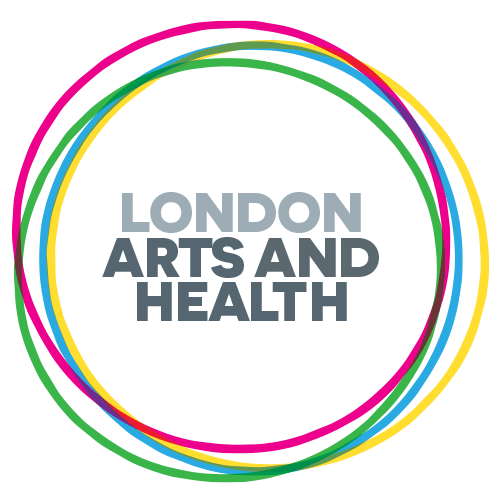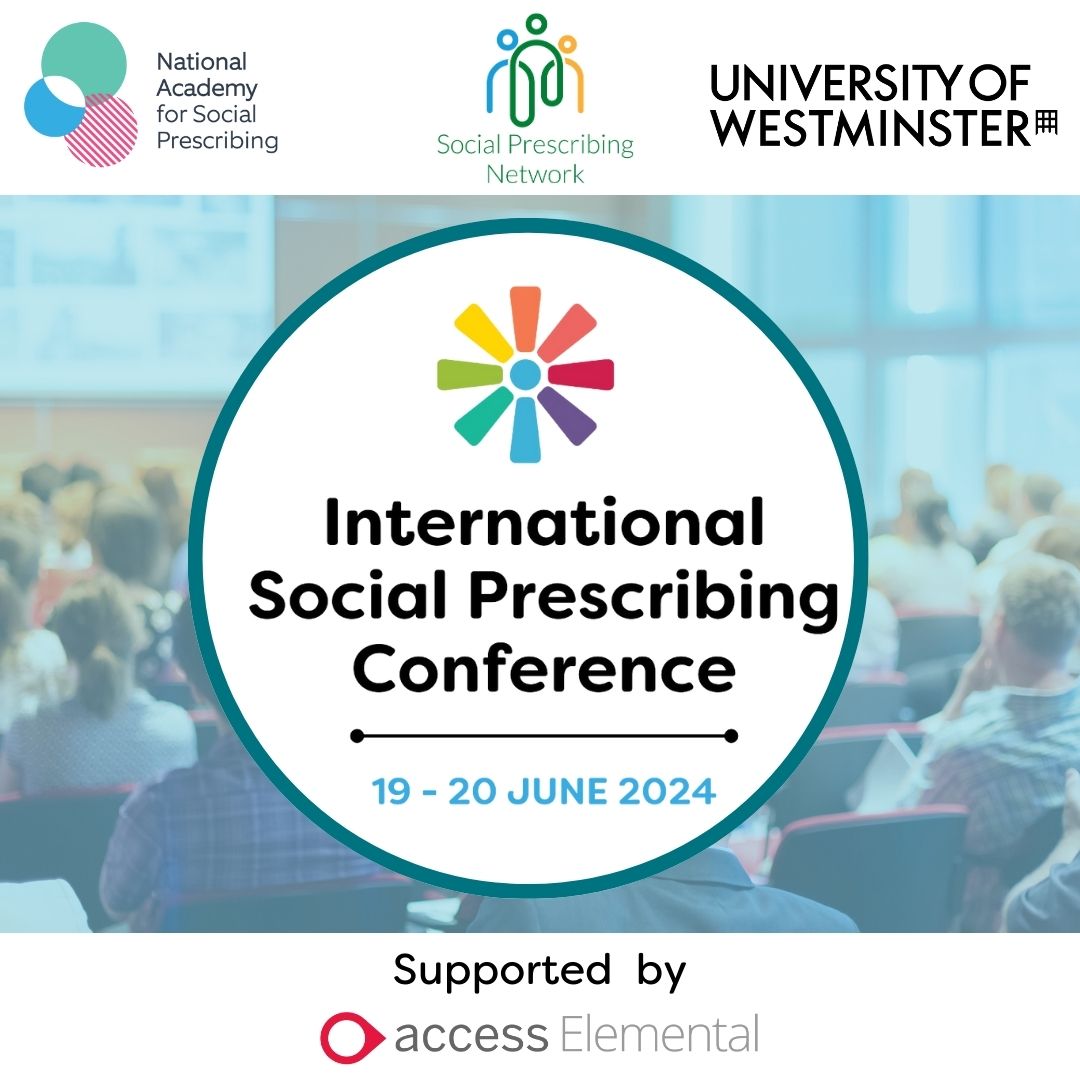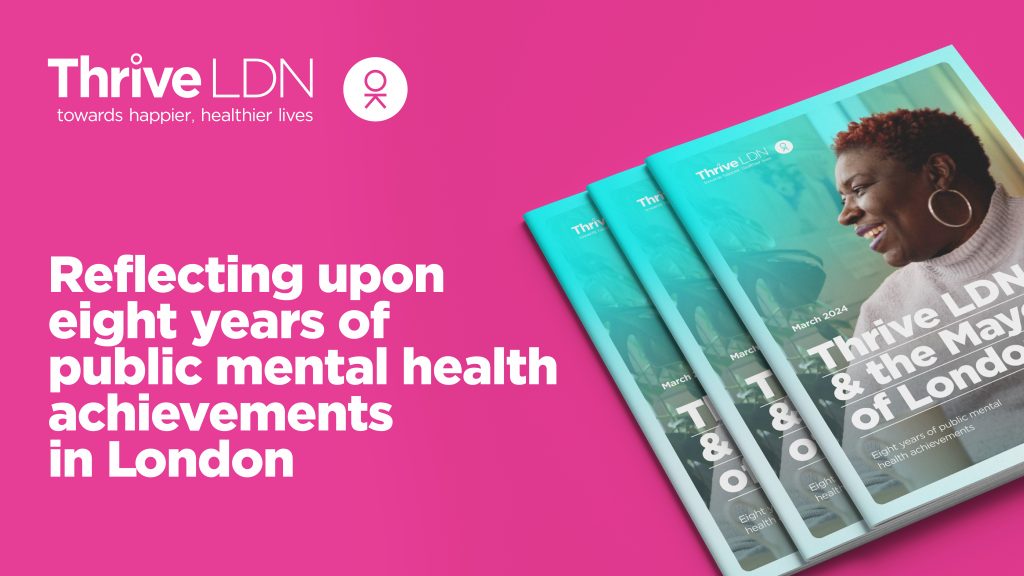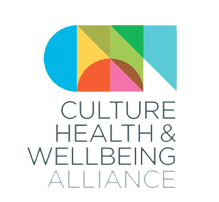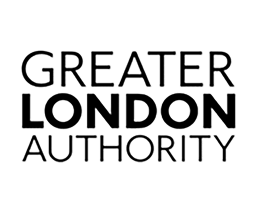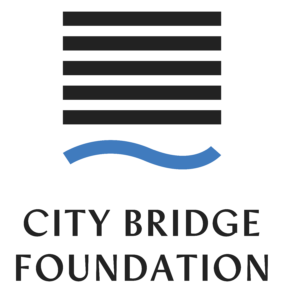Book your tickets now for the 5th International Social Prescribing Conference on the 19-20 June…

Calls for strategy on ‘social prescribing’ in England amid youth mental health crisis
Every pound spent on helping young people access activities and support in the community could save nearly twice as much in dealing with longer-term mental health problems, according to new analysis.
The children’s charity Barnardo’s is urging the government to introduce a national strategy for “social prescribing” for young people in England amid a youth mental health crisis that is placing unprecedented demand on child and adolescent mental health services (Camhs).
Social prescribing refers to non-clinical treatments targeted at children who are experiencing mental health problems such as isolation, anxiety, low mood and low self-esteem, and is aimed at preventing these from deteriorating into more serious conditions.
This could be as simple as encouraging them to get to a local park, for example by providing a bus fare or by building their confidence after a bad experience such as getting stopped and searched. It could involve helping the young person enrol in group activities, creative hobbies or sports, as well as signposting counselling and help with referrals to other health and social care services.
Referrals are made through GPs, teachers and local authorities to a link worker who can match children with local services, coordinate their access by resolving financial, cultural or emotional barriers, and provide emotional support.
Lynn Perry, the chief executive of Barnardo’s, said she had seen through the charity’s work with children and young people that “this can really help to turn their lives around” and prevent a need for clinical NHS services.
“Children and young people are having to wait for months, even years in many cases, to get the help and support they need when they are struggling with their mental health. Their condition often just intensifies while their names sit on long waiting lists,” she said.
“That’s why we’re calling on the government to put the backbones of funding and infrastructure in place to ensure social prescribing is available to all children and young people who need it throughout the country.”
Social prescribing is particularly important for families who feel socially excluded, said Becky Rice, who authored the Barnardo’s report, as well as to combat high levels of anxiety and school absence among children.
“Children and young people have been shut inside due to Covid, isolated from school, family, friends and the community, and now there’s the cost of living situation where families are struggling to afford essentials, let alone after-school clubs. They’ve been isolated from community assets – nature spaces, clubs, activities – which we know is having an impact on health and development,” she said.
